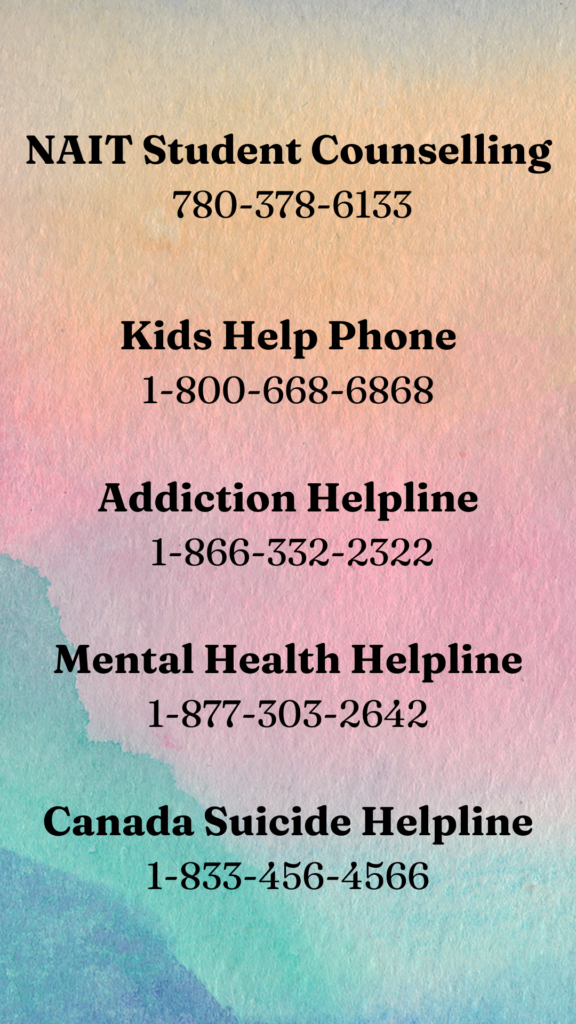With the arrival of March, budget talks for the upcoming year have begun at the legislature. On March 6, 2023, the Alberta government announced it would spend 92 million dollars over three years on providing mental health services for children and youth. These services will be provided in partnership with CASA Mental Health, a company that provides various mental health support services within the province.
The funding includes capital and operating expenses for two new inpatient CASA House sites in Fort McMurray and Calgary. Alongside the classrooms, this investment includes money for mental health classrooms across Alberta. Mental health classrooms are based in schools across the province and are an extension of current school mental health supports. Each classroom has a team consisting of a mental health therapist, a psychiatrist, and a classroom behavioural specialist. A nurse, social worker, educational psychologist, speech-language therapist and occupational therapist support the classroom team for students with more complex needs.
“Every young person in Alberta deserves the opportunity to access treatment and improve their mental health. If passed, Budget 2023 will dramatically increase access to mental health supports for youth to help families in crisis and provide kids with opportunities to improve their mental health across Alberta,” said Premier Danielle Smith in a press release.
This new funding will allow CASA Mental Health to expand on four programs, CASA house, the adolescent day treatment program, the previously mentioned CASA mental health programs and CASA core. It will also help move high-intensity services for children and youth into community settings, reducing the need for hospital stays.
CASA house is meant for youth in grades seven to 12. The youth live in a CASA facility and the program ensures parents and caregivers are still active participants in treatment. Social and life skills training, therapy, and schooling in small classroom settings are part of the youth’s treatment at the facility.

The adolescent day treatment program is a daily program geared towards youth in grades eight to 12. Youth with diagnosed mental illnesses that make them struggle in a conventional classroom setting finish their schooling at a CASA facility. While at the facility, they also receive support such as therapy.
The CASA mental health classrooms are geared towards children and youth in grades four to 12. Unlike the previous two programs, this program is classroom-based. This program helps students with complex mental health needs through therapy with support from mental health professionals.
Finally, the CASA core program matches the complexity of the mental health challenges of children and youth with an appropriate service level. This program is targeted towards children and youth aged three to 17. The child or youth’s family, school, and community network are included in the treatment.
According to Bonnie Blakely, Chief Executive Officer of CASA, there is a gap in services for mental health services for children and youth. “CASA Mental Health recognizes a need for increased service to the ‘missing middle’ of mental health, particularly over the last few years. We see a growing need to provide specialized service to children and youth with mental illness, requiring more than low-intensity community-based services, but less than intensive hospital services,” she explained in the press release.
Through this partnership, the government of Alberta is working towards what they called a “recovery-oriented system of care, where everyone struggling with addiction and mental health challenges is supported in their pursuit of recovery.” Their aim is to increase mental health support and focus on early intervention and prevention.
At NAIT, students who are interested in mental health support can book an appointment with a counselor by emailing counselling@nait.ca or filling out this webform. There is a chaplaincy service for students looking for one-on-one meetings about spiritual matters. NAIT also has coping strategies and other resources on their emergency information page. However, if the risk of harm is immediate, call 911 or visit your nearest emergency room.
Cover photo by SHAUGHN BUTTS /Postmedia






